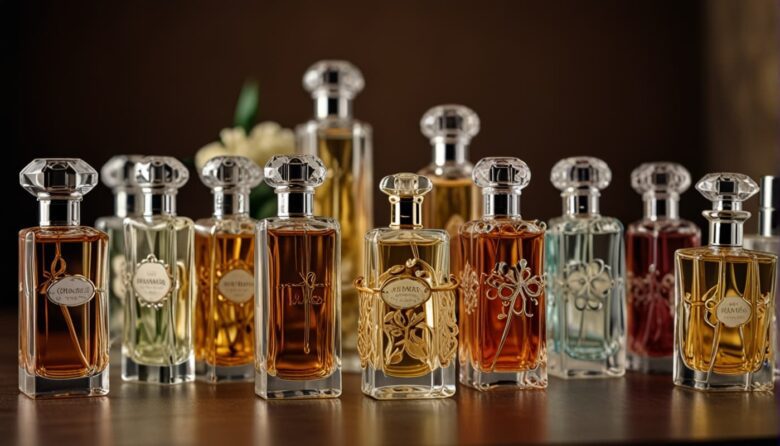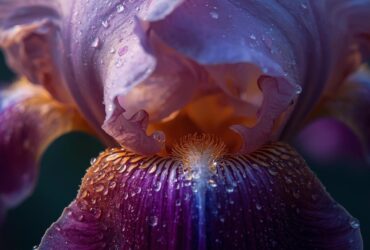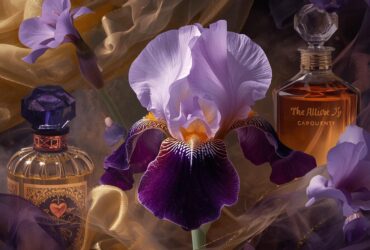Influence of Traditional Sri Lankan Scents on Modern Perfumery
Sri Lanka, an island nation known for its rich cultural heritage and biodiversity, has long been a treasure trove of unique fragrances derived from its lush flora and fauna. The traditional use of local scents in Sri Lanka, ranging from the sacred to the everyday, has significantly influenced modern perfumery, both locally and internationally. This article explores how these traditional scents have been integrated into contemporary fragrance creation, highlighting their cultural significance and the innovative ways they are being used today.
Historical and Cultural Roots of Sri Lankan Scents
The history of using scents in Sri Lanka can be traced back to ancient times, with aromatic oils, herbs, and resins playing a crucial role in religious rituals, traditional medicine, and personal adornment. Ingredients such as sandalwood, cinnamon, vetiver (known locally as “ramacham”), jasmine, and plumeria (frangipani) are not only prized for their delightful aromas but are also deeply embedded in the spiritual and cultural practices of the island.
For instance, sandalwood is used in Buddhist ceremonies to promote mindfulness and spiritual purity, while jasmine and plumeria are often worn in hair by women during traditional festivities, adding a layer of olfactory beauty to visual aesthetics. These practices highlight the intrinsic link between scent, spirituality, and cultural identity in Sri Lanka.
Transition to Modern Perfumery
As the global perfume industry began to evolve, there was a growing interest in sourcing unique and natural ingredients from around the world. Sri Lanka, with its rich palette of scents, became a focal point for perfumers seeking new and exotic aromas. The traditional Sri Lankan scents provided not only unique olfactory notes but also stories and traditions that could be woven into the narrative of modern perfumes.
International brands and perfumers started to explore ways to incorporate these traditional scents into their formulations. For example, vetiver, with its deep, earthy aroma, has become a staple in many high-end perfumes, valued for its richness and its grounding properties. Cinnamon, another key export of Sri Lanka, is used for its warm, spicy notes that can add a comforting yet exotic touch to fragrance blends.
Sustainable Sourcing and Ethical Considerations
One of the critical aspects of integrating traditional Sri Lankan scents into modern perfumery is the focus on sustainable and ethical sourcing practices. As the demand for natural ingredients increases, it is imperative to ensure that these resources are harvested responsibly to avoid depletion. Many perfume companies are partnering with local communities in Sri Lanka to source ingredients in a way that supports local economies and promotes sustainable agricultural practices.
These partnerships often involve educating local farmers about sustainable harvesting techniques and providing them with fair compensation. This not only helps preserve the ecological balance but also ensures that the traditional knowledge and cultural heritage associated with these scents are respected and valued.
Innovations and Contemporary Uses
Innovation in the use of traditional Sri Lankan scents is evident in both local and international markets. Local brands, in particular, are exploring innovative ways to blend traditional scents with modern aesthetics to appeal to both domestic and global consumers. These brands often emphasize the natural and pure origins of their ingredients, aligning with the growing consumer preference for clean and green products.
Moreover, contemporary perfumers are experimenting with these traditional scents to create complex, multi-layered olfactory experiences. For instance, the combination of sandalwood with more contemporary notes like citrus or aquatic elements showcases how traditional and modern can meld to form something entirely new and exciting.
The influence of traditional Sri Lankan scents on modern perfumery is a testament to the global nature of the fragrance industry and the universal appeal of natural aromas








Leave a Reply